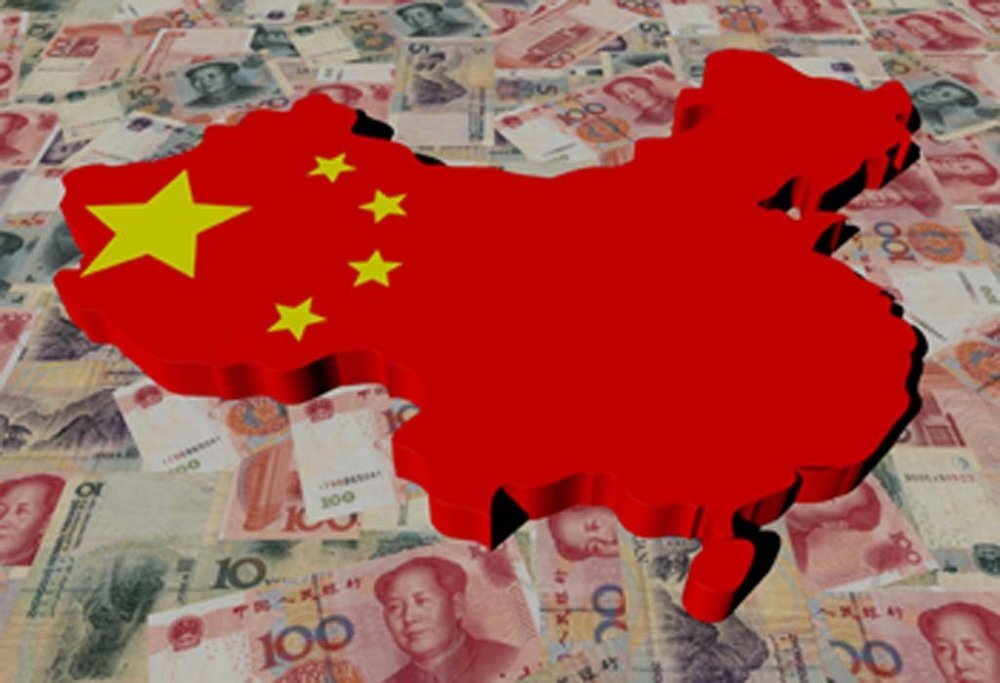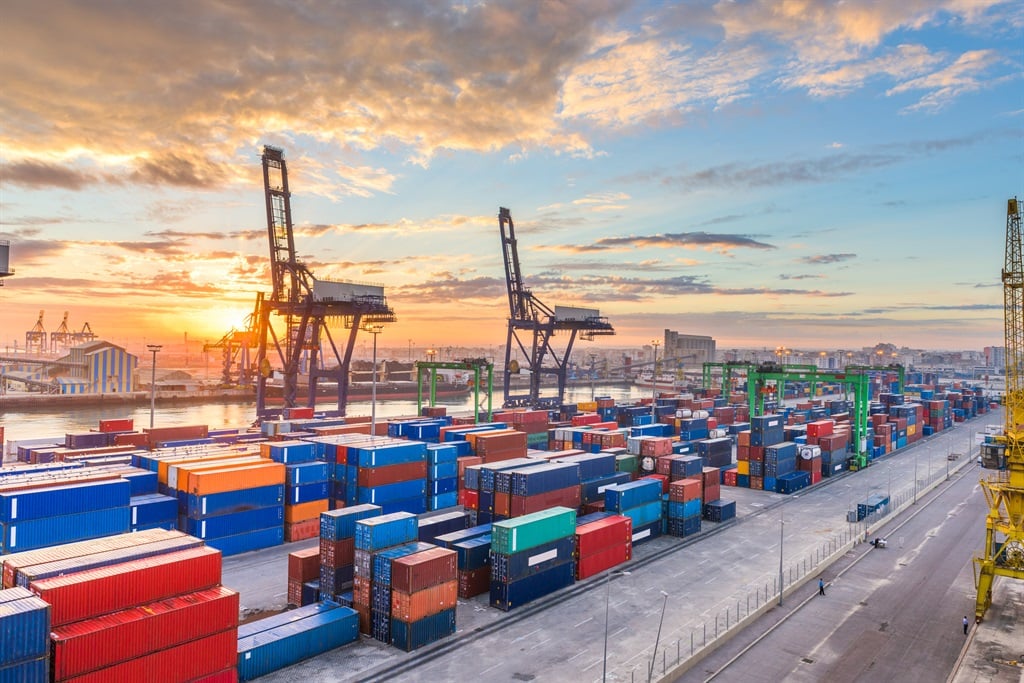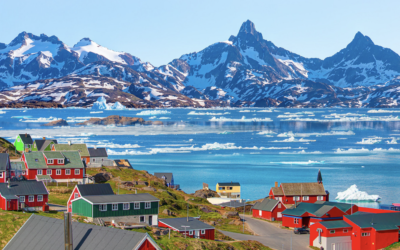In an increasingly interconnected world, the ripples of global economic shifts can quickly become tsunamis for developing nations. From the bustling markets of Lagos to the tech hubs of Bangalore, emerging economies find themselves at the mercy of forces far beyond their borders, navigating a complex landscape of opportunity and risk.
The past decade has witnessed seismic changes in the global economic order. The rise of China as an economic superpower, the digital revolution, and the growing urgency of climate change have reshaped the playing field. For developing countries, these shifts present both unprecedented challenges and tantalising possibilities.

China’s Belt and Road Initiative has pumped billions into infrastructure projects across Africa, Asia, and Latin America, offering a lifeline to nations starved of capital. Yet, this influx of Chinese investment has also sparked concerns about debt traps and neocolonialism, forcing developing countries to walk a tightrope between economic growth and sovereignty.
Meanwhile, the tech boom has opened new avenues for leapfrogging traditional development stages. Countries like Kenya have become pioneers in mobile banking, while India’s IT sector has propelled it onto the global stage. However, the digital divide threatens to leave behind those unable to keep pace, exacerbating inequalities both within and between nations.
The Double-Edged Sword of Globalisation
Globalisation, once hailed as the great equaliser, has revealed its contradictions. While it has lifted millions out of poverty, it has also exposed developing economies to the volatility of global markets. The COVID-19 pandemic laid bare this vulnerability, as supply chain disruptions and plummeting demand sent shockwaves through export-dependent economies.
Climate change adds another layer of complexity to this picture. Developing countries, often the least responsible for carbon emissions, find themselves on the front lines of its impacts. From rising sea levels threatening island nations to desertification endangering agriculture in the Sahel, the climate crisis poses existential risks to many emerging economies.
.jpg)
Yet, the green transition also offers opportunities. The race for renewable energy could see resource-rich developing nations become key players in the new energy landscape. Countries like Morocco are already positioning themselves as solar power hubs, while the Democratic Republic of Congo’s vast cobalt reserves make it crucial to the electric vehicle revolution.
Trade tensions between major powers have further complicated the landscape for developing nations. The U.S.-China trade war has forced many countries to recalibrate their economic relationships, often at significant cost. As supply chains shift and new alliances form, developing countries must navigate carefully to avoid being caught in the crossfire.
Navigating the New Economic Order
Developing countries are not merely passive recipients of global trends in this volatile environment. Many are actively shaping their destinies, leveraging their unique strengths to carve out niches in the global economy.
Vietnam has emerged as a manufacturing powerhouse, attracting investors looking to diversify away from China. Rwanda’s focus on digital infrastructure and business-friendly policies has transformed it into a rising star in Africa. And Brazil’s agricultural sector has made it a key player in global food security.

The rise of South-South cooperation offers another avenue for developing countries to assert themselves. Initiatives like the African Continental Free Trade Area promise to boost intra-regional trade and reduce dependency on Western markets.
Multilateral institutions are also evolving to reflect the changing global order. The establishment of the Asian Infrastructure Investment Bank and the New Development Bank signals a shift away from the Western-dominated financial system, offering developing countries new sources of funding and a greater say in global economic governance.
As we look to the future, the interplay between global economic trends and developing countries will continue to shape our world. The challenges are formidable – from tackling inequality and climate change to navigating geopolitical tensions and technological disruption. Yet, the resilience and innovation displayed by many emerging economies offer hope. In this new economic landscape, success will hinge on adaptability, strategic foresight, and the ability to turn global challenges into local opportunities. For developing countries, the path forward is fraught with obstacles, but also rich with possibility. As they rise to meet these challenges, they may well redefine what development means in the 21st century.


